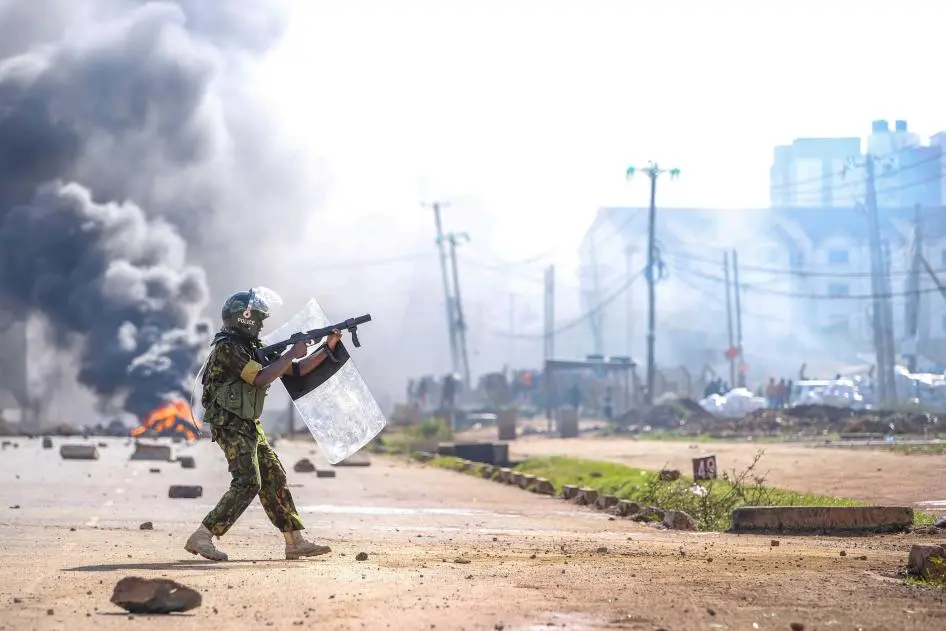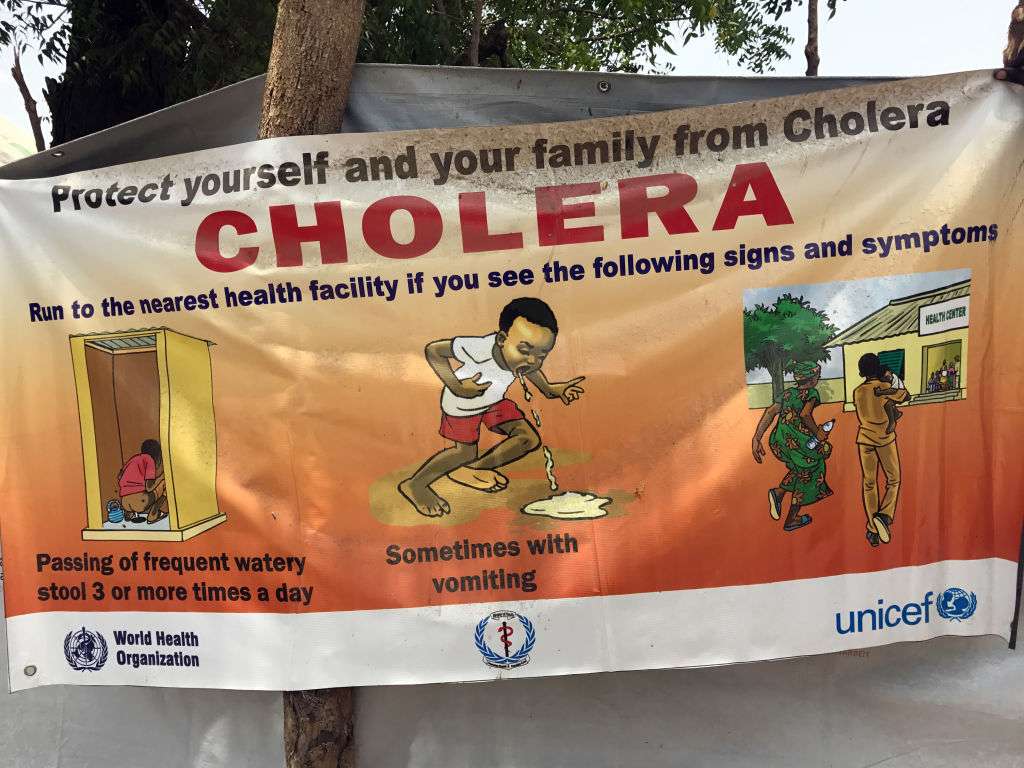In its ‘People Power Under Attack 2024’ report, the CIVICUS Monitor revealed that Kenya’s score had dropped 13 points, from 50 to 37, resulting in a shift from the “Obstructed” to the more severe “Repressed” category. The “Repressed” rating indicates significant restrictions on civil liberties, placing Kenya alongside 50 other countries where the government severely limits freedoms such as assembly, expression, and association
Kenya has been downgraded to the “Repressed” category by CIVICUS, a global alliance of civil society organizations, due to the government’s violent response to nationwide protests and a crackdown on civic freedoms. The protests, which erupted in June and July 2024, were sparked by controversial legislation aimed at raising taxes and exacerbating the already high cost of living in a country plagued by corruption.
In its ‘People Power Under Attack 2024’ report, the CIVICUS Monitor revealed that Kenya’s score had dropped 13 points, from 50 to 37, resulting in a shift from the “Obstructed” to the more severe “Repressed” category. The “Repressed” rating indicates significant restrictions on civil liberties, placing Kenya alongside 50 other countries where the government severely limits freedoms such as assembly, expression, and association.
The violent crackdown on protesters has been widely condemned. At least 60 unarmed demonstrators have been killed, while over 1,200 have been arrested. Thousands more have been subjected to abductions, with over 130 individuals still missing. The government’s use of extreme force, including snipers and plainclothes officers firing live ammunition and tear gas at protesters, has been well-documented. Even medical personnel, journalists, and civilians were not spared from the violence.
Sylvia Mbataru, the lead researcher on Africa for the CIVICUS Monitor, emphasized the significance of Kenya’s deteriorating civic space: “Kenya stood at a crossroads as a country, and as a regional leader. The path it chose was one of repression, stifling expression and instilling fear in key segments of its population.”
Despite this, the crackdown extended beyond physical violence to a more insidious effort to silence dissent. Protesters, social media influencers, and online supporters have faced arbitrary arrests, disappearances, and intimidation by national security agencies. These tactics have persisted months after the protests ended, fostering a climate of fear and stifling free speech.
The Kenya National Commission on Human Rights (KNCHR) reported that as of October 31, 2024, at least 60 people had been killed, and 71 cases of forced disappearances had been documented. According to government sources, over 1,200 people were arrested, while 132 individuals remain missing. However, human rights groups believe these figures significantly understate the true scale of the repression. Evidence of extrajudicial killings continues to surface, with some bodies found bearing signs of torture, mutilation, and dismemberment.
“This pattern of state-sanctioned violence underscores an alarming erosion of civic freedoms and human rights in Kenya,” said Martin Mavenjina, Senior Advisor at the Kenya Human Rights Commission.
Estella Kabachwezi, Advocacy and Communications Manager at Defend Defenders called on the international community to take action: “The use of excessive force, enforced disappearances, and extrajudicial killings cannot be ignored. The international community must hold the Kenyan government accountable and demand immediate action to protect civic freedoms and ensure justice for the victims.”
CIVICUS tracks and rates civic space in 198 countries and territories, using data from a wide range of civil society research partners and independent human rights evaluations. Based on this data, countries are assigned ratings that indicate the level of freedom in areas such as protest, free speech, and the right to assemble.
Kenya’s downgrade to “Repressed” is a critical signal of the country’s increasingly hostile environment for civil society. As the situation worsens, global pressure for reform and accountability is mounting.





